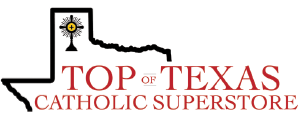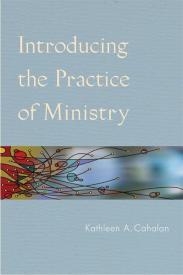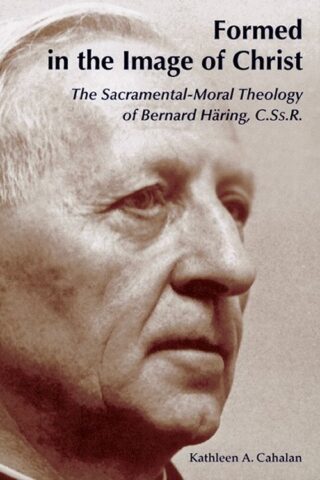Kathleen Cahalan
Showing all 2 resultsSorted by latest
-
Introducing The Practice Of Ministry
$24.95Add to cartMinistry is often examined in terms of who the minister is, not what the minister does. But the vocation to ministry must be understood as a call to identity as well as to practice, one that is rooted in Jesus’ life and ministry as well as the Spirit’s charisms. In Introducing the Practice of Ministry Kathleen A. Cahalan defines ministerial leadership as carried out through the practices of teaching, preaching, pastoral care, worship, social ministry, and administration for the sake of nurturing the life of discipleship in the community of believers. In her examination of charisms for each of the practices of ministry, Cahalan presents readers with a Trinitarian foundation, noting that “the practices of discipleship and ministry have their origin in the very practices of God.”
-
Formed In The Image Of Christ
$26.95Add to cartThe Christian life is an imitation of Christ’s response to God, a religious response to God’s initiative. We are called to make all responses religion and morality acts of adoring worship and praise. This sacramental theology is the fundamental moral theology of Bernard Haring, C.Ss.R., whose contributions as a twentieth-century theologian have prepared the way of renewal in Catholic theology today.
Part One of this book introduces Bernard Haring and his place in the history of Roman Catholic moral theology. Part Two examines the central concepts of Haring’s sacramental-moral theology: responsibility, Christ as Word of God and High Priest, the human person as word and worshiper, and the sacraments as dialogue and response. In Part III the author illustrates how Haring takes a minor category the virtue of religion and places it at the center of moral life.


